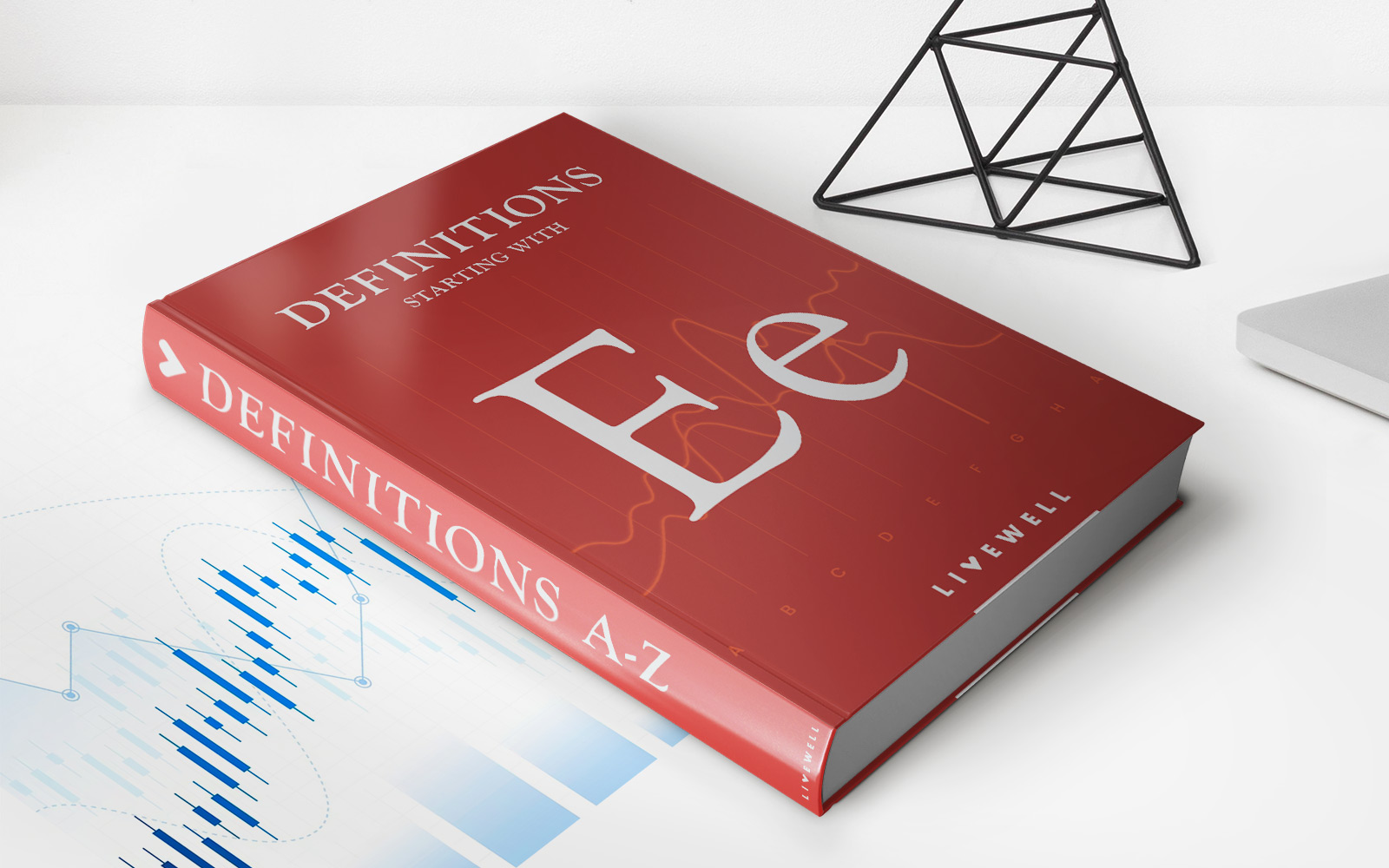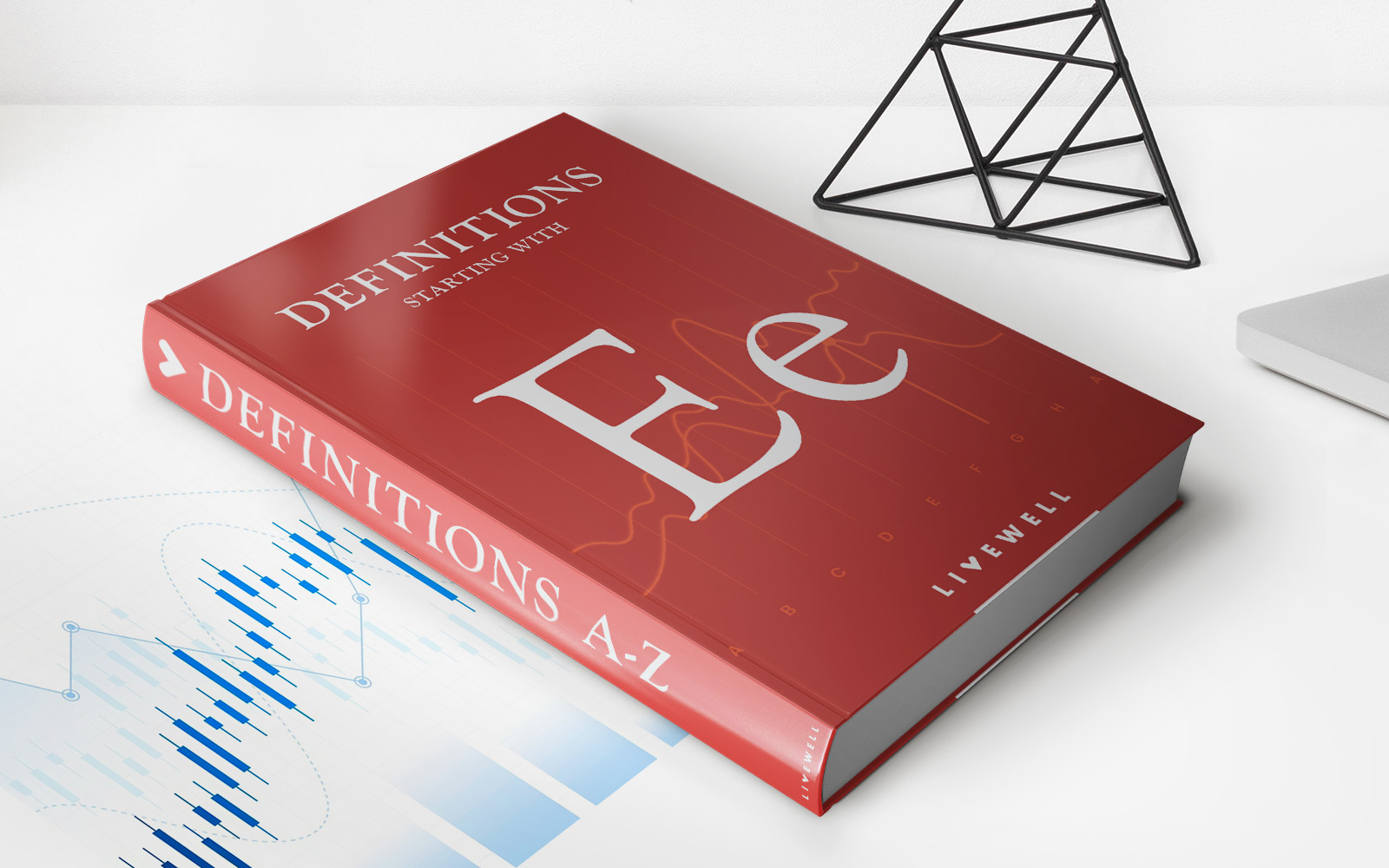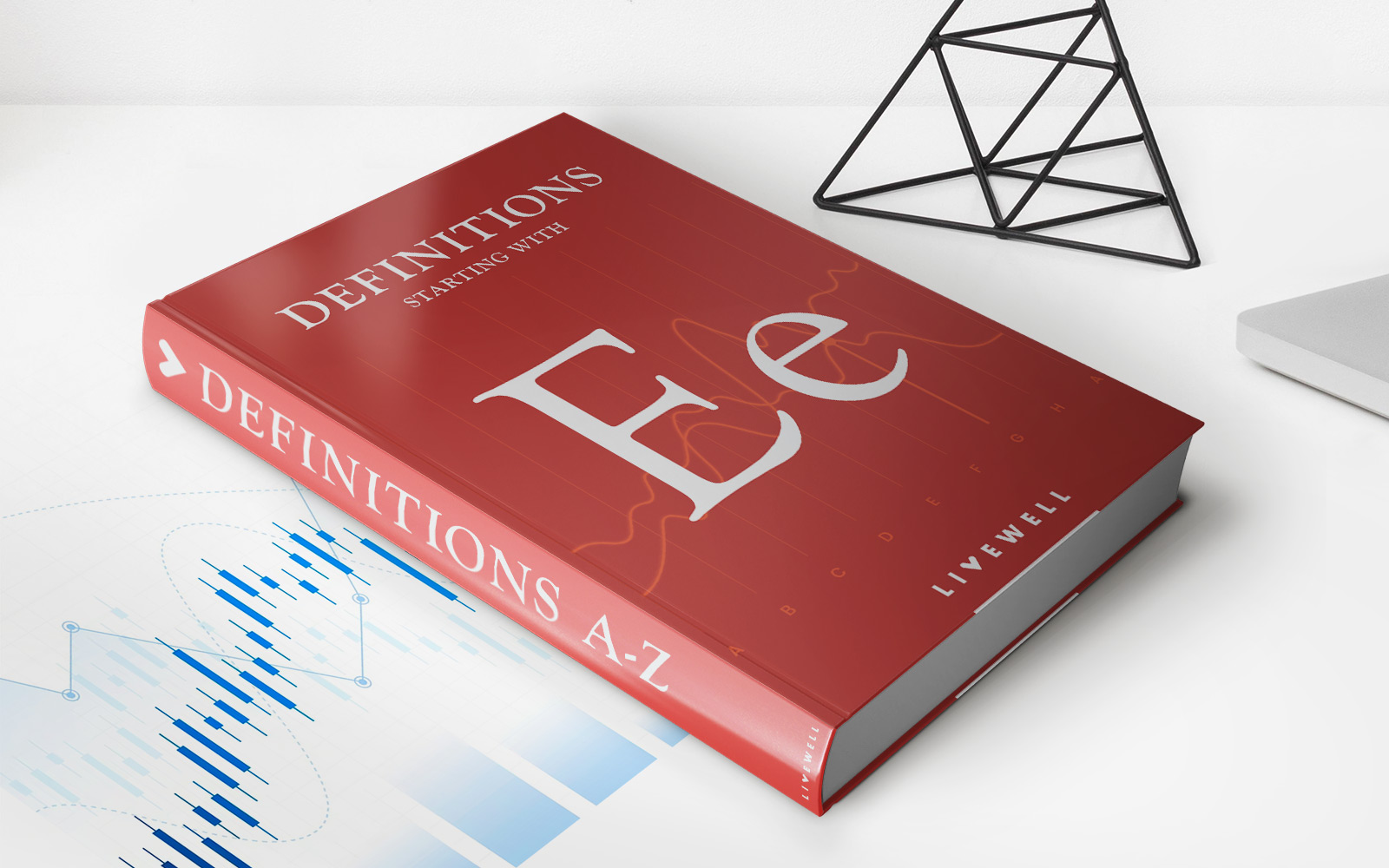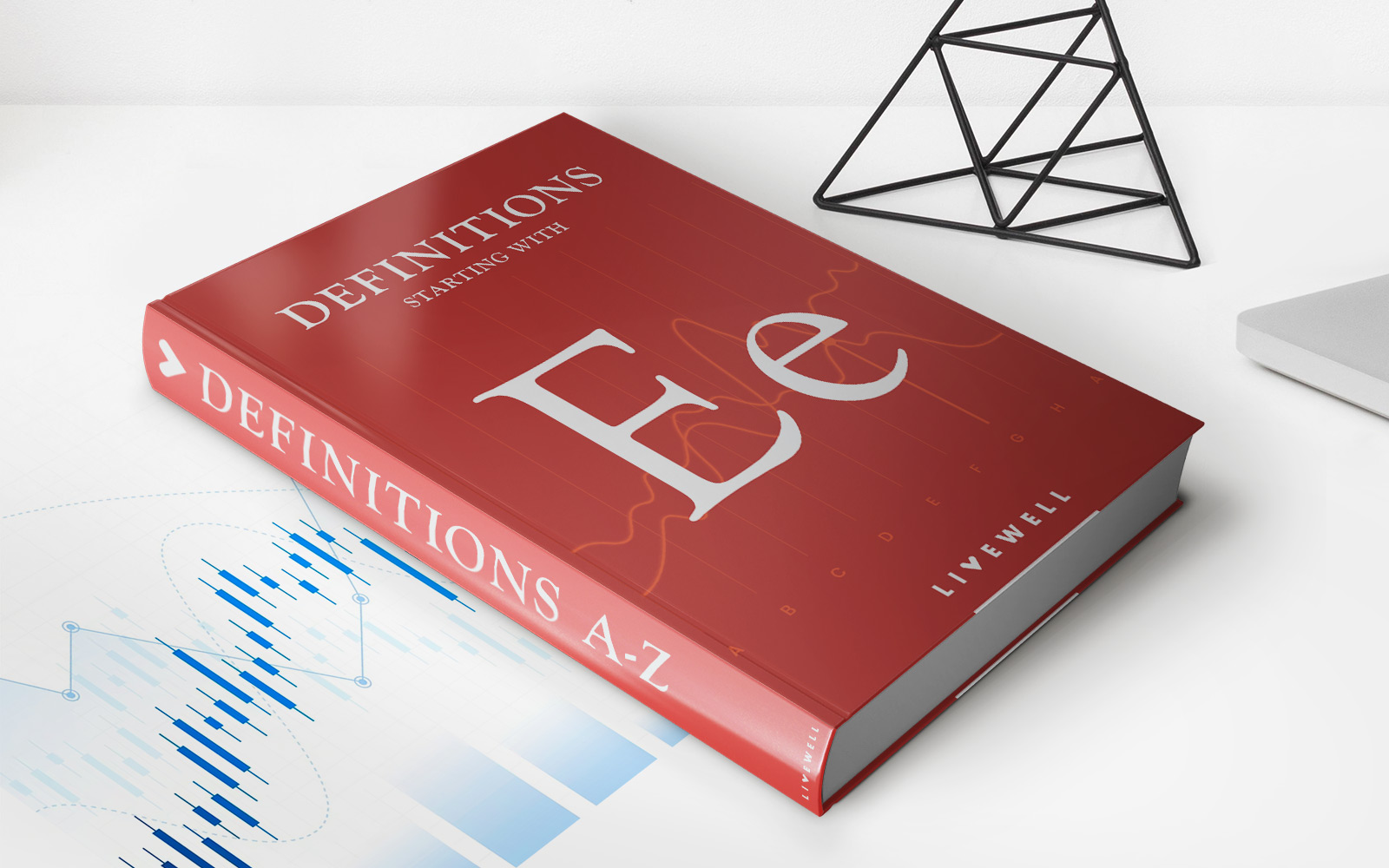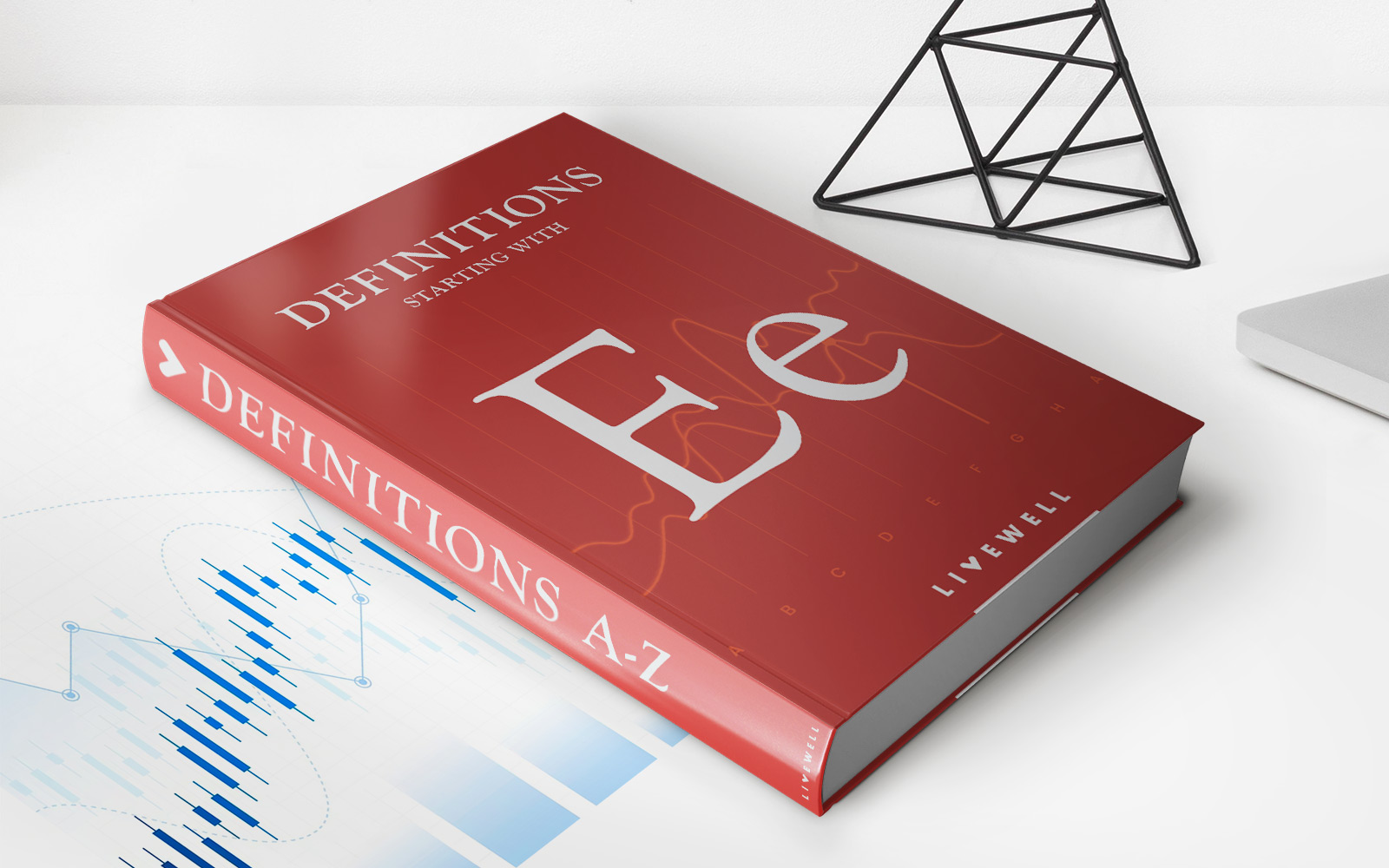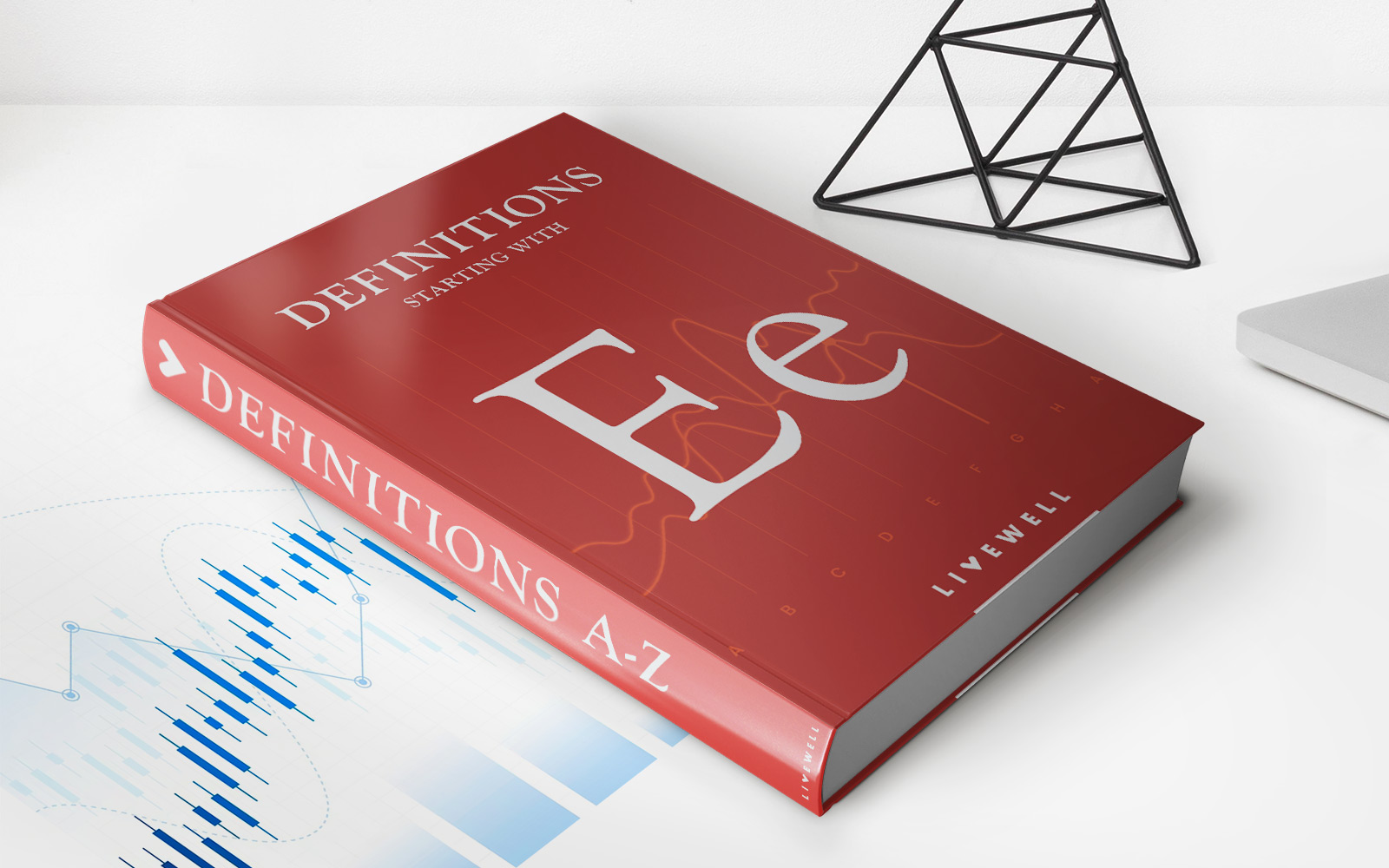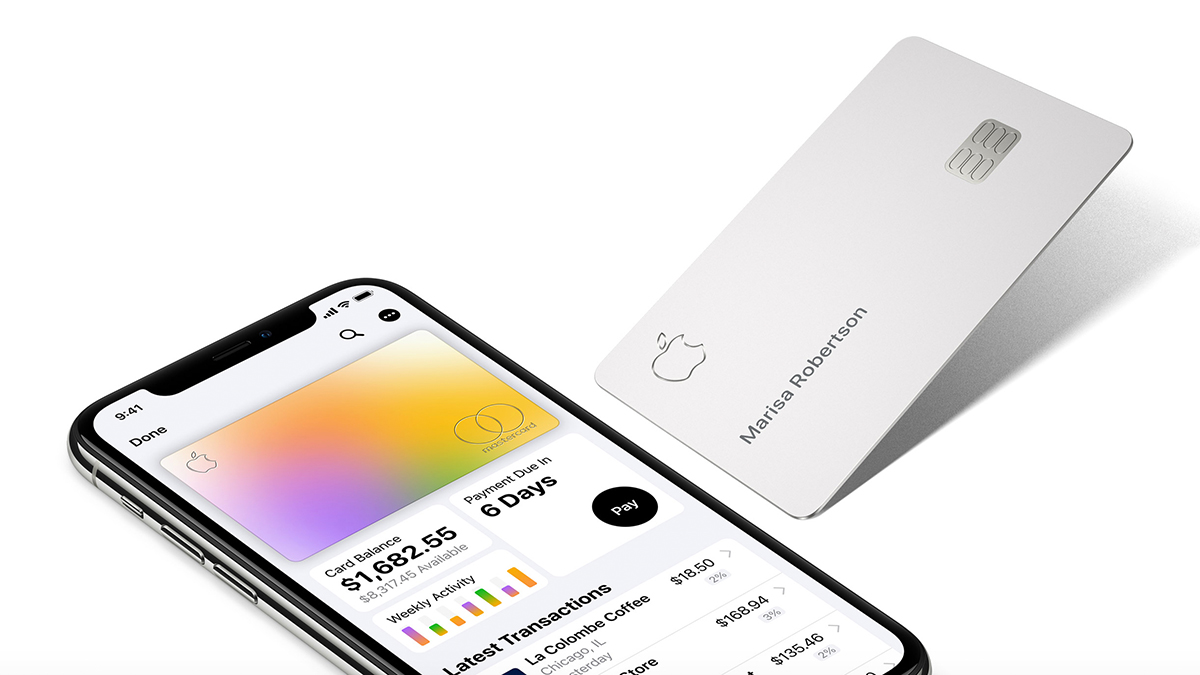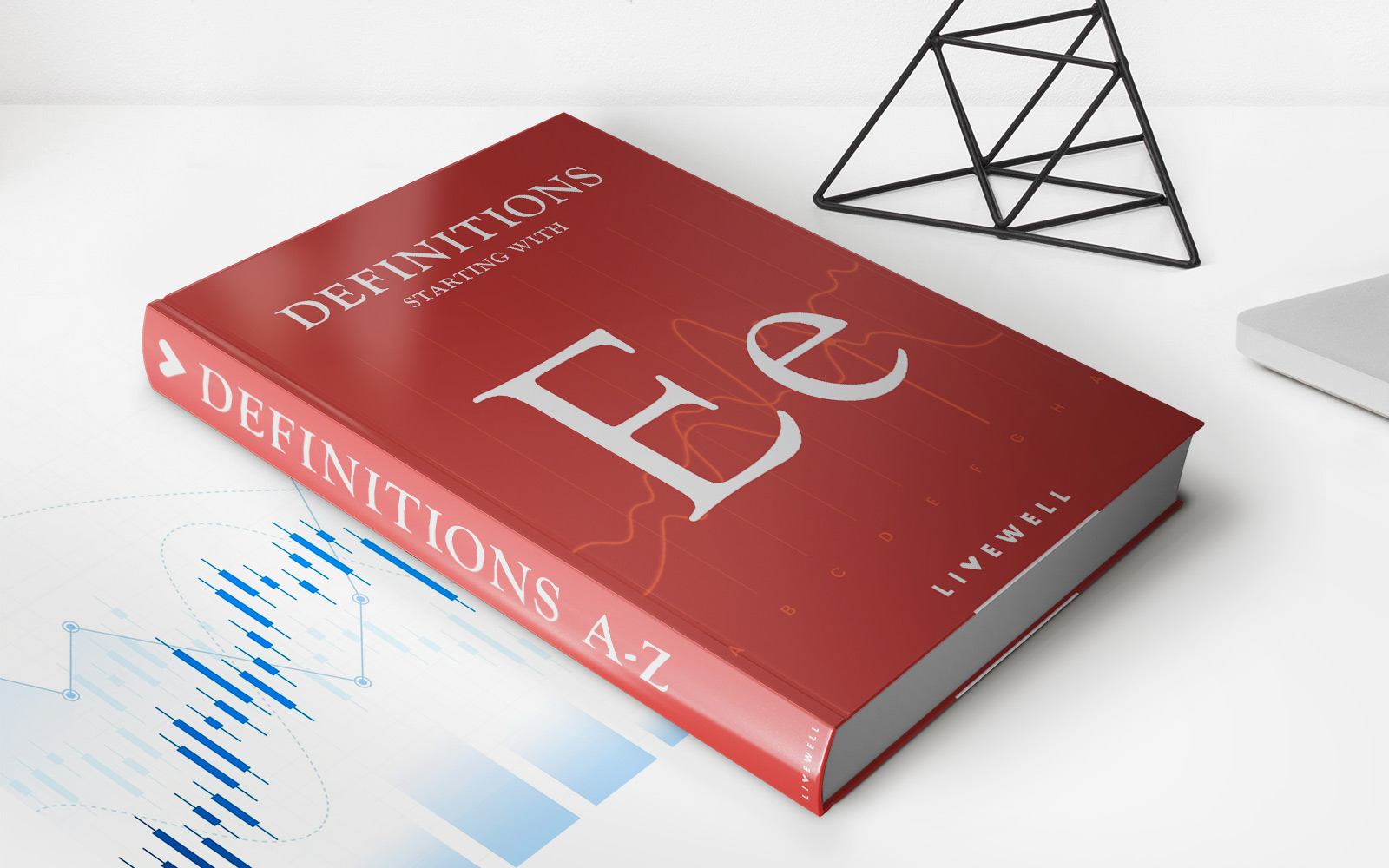

Finance
Ex-Coupon Definition
Published: November 20, 2023
Learn the meaning of ex-coupon in finance and how it affects your investments. Discover the significance of ex-coupon dates and strategies to maximize your financial gains.
(Many of the links in this article redirect to a specific reviewed product. Your purchase of these products through affiliate links helps to generate commission for LiveWell, at no extra cost. Learn more)
Ex-Coupon Definition: Understanding the Essentials of Coupon Bonds
Have you ever come across the term “ex-coupon” and wondered what it means in the world of finance? In the realm of fixed-income securities, understanding the intricacies of different terms and concepts is critical. In this blog post, we will dive into the definition of “ex-coupon” and why it holds significance for bond investors.
Posted on October 14, 2022, in Category: Finance
Key Takeaways:
- Ex-coupon refers to the period after a bond’s coupon payment has been made in which the buyer will not receive the next scheduled coupon payment.
- The ex-coupon date is typically one business day before the bond’s record date, which is the date the bond issuer determines the holders entitled to receive the coupon payment.
Understanding Ex-Coupon
When investing in bonds, it’s essential to comprehend the various terms and timelines associated with coupon payments. One crucial concept to understand is “ex-coupon.”
So, what does ex-coupon really mean?
Put simply, the ex-coupon period refers to the time frame immediately after a bond’s coupon payment has been made. It represents the duration in which a buyer of the bond will not receive the next scheduled coupon payment.
To better grasp the concept, let’s break down the different elements surrounding ex-coupon:
- Coupon payment: Bonds, particularly coupon bonds, periodically make interest payments to bondholders. These are known as coupon payments and are usually made on predetermined dates.
- Ex-coupon date: The ex-coupon date marks the cut-off point for determining whether a buyer of a bond is eligible to receive the next coupon payment. It is usually set one business day before the bond’s record date, which is the date established by the bond issuer to identify eligible coupon payment recipients.
- Record date: The record date is the date specified by the bond issuer on which the bondholders are determined. Those who hold the bond on the record date are entitled to receive the upcoming coupon payment. Bond transactions that occur after the record date will be considered ex-coupon.
Now that we understand the fundamental elements of ex-coupon, let’s explore its significance for bond investors:
1. Identifying ex-coupon bonds: Being aware of the ex-coupon date helps investors understand whether a bond they are interested in has recently issued a coupon payment. If a bond is trading ex-coupon, it means the buyer will not receive the next coupon payment. This knowledge can influence investment decisions and pricing.
2. Pricing dynamics: When a bond is trading ex-coupon, its price may adjust to reflect the absence of the next coupon payment. Typically, the price of a bond traded ex-coupon is slightly lower than its counterpart trading cum-coupon (before the ex-coupon date). This difference compensates the bondholder who is forgoing the next coupon.
Understanding the ex-coupon mechanism and its implications can significantly benefit bond investors, ensuring they make informed decisions and maximize investment returns.
In conclusion, ex-coupon is an essential term to comprehend when dealing with coupon bonds. It represents the period after a bond’s coupon payment has been made, during which a buyer will not receive the subsequent coupon payment. Understanding the ex-coupon process empowers bond investors to evaluate investment choices effectively and grasp the pricing dynamics associated with such bonds.
Now that you have a comprehensive understanding of the ex-coupon concept, you can confidently navigate the world of coupon bonds with greater ease and knowledge.
